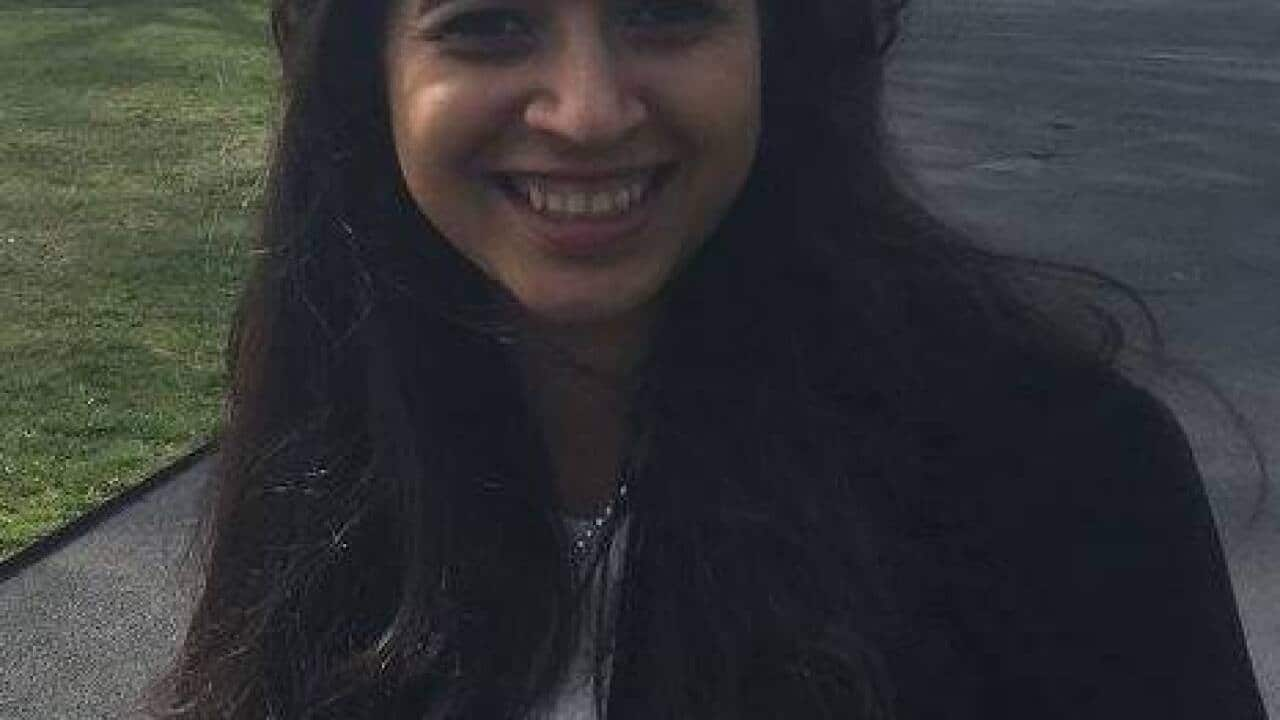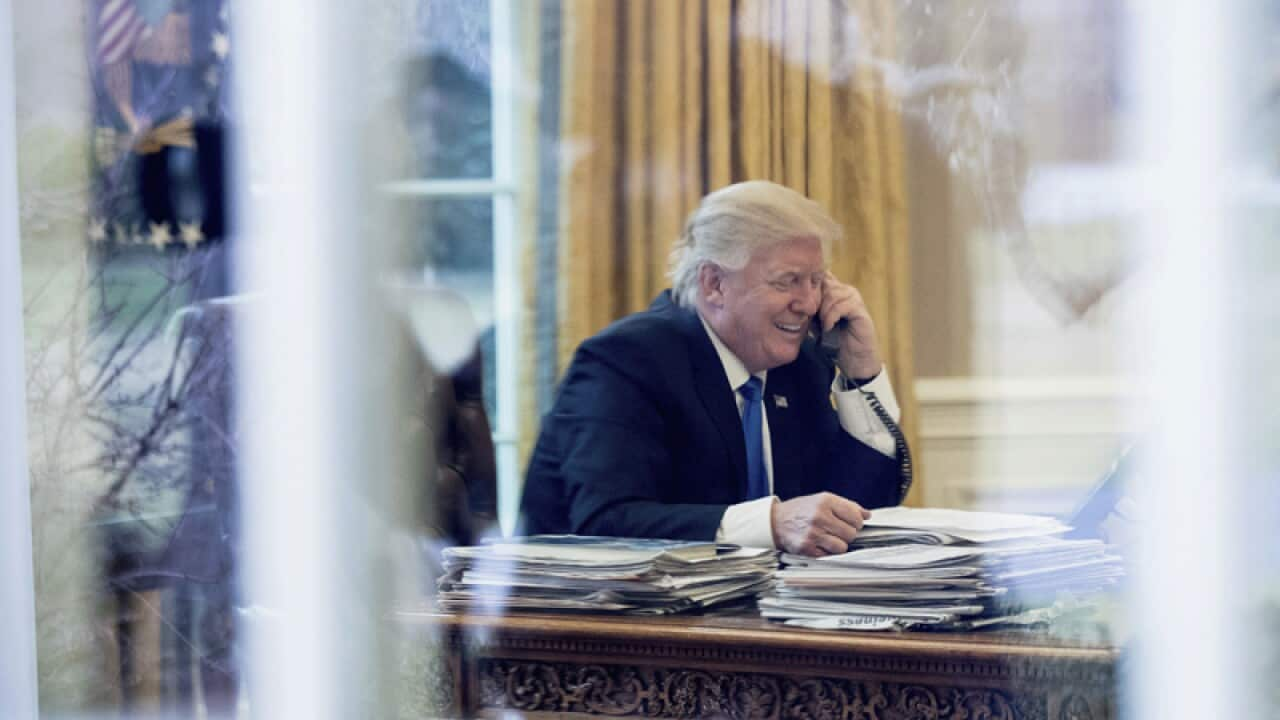UPDATE: Australian Prime Minister Malcolm Turnbull confirmed on Tuesday that Australian dual citizens would not be affected by the ban.
Sara Hagh, a 29-year-old Iranian-Australian who is expecting her first child with her American husband in April, has told SBS she's concerned US President Donald Trump's executive order will mean her mother might not be able to attend her child's birth.
On Friday, the US President temporarily banned immigration from seven Muslim-majority countries.
The US Green Card holder said her mother, who lives in Australia with the rest of her family, had obtained a US travel visa and paid for a flight in order to attend the birth.
However, dual citizens of one of the banned countries, even if their other citizenship is from a US-allied country such as Australia, are potentially affected by the ban.
"The idea that she may not be able to come here and I can't come to her – that she may not be able to meet her grandchild until who knows when – well, just thinking about that is enough to make me cry," Ms Hagh said.
She said despite holding a Green Card, she was concerned she would not be let back into the US if she left to be reunited with her family.
"There are so many stories of people being detained at airports, refused entry on flights - I just can't risk that while I'm pregnant," Ms Hagh said.
"It would be a nightmare if I got stranded and was separated from my family, and denied access to lawyers like many others in these situations have been."
It is unclear who will be affected with airport authorities and lawyers struggling to understand how the ban should be implemented.
Mr Trump's ban initially encompassed Green Card holders. But on Sunday local time, a White House official told reporters in a conference call that permanent residents were exempt.
Travellers from banned countries arriving to US international airports such as Chicago and Dallas over the weekend were allowed in - while those arriving to New York City, San Francisco and Los Angeles, were taken into custody.
Federal Judge Ann Donnelly, who Barack Obama nominated to the United States District Court in 2014, halted the ban on those people holding valid visas, and at least three other lawsuits that challenge the ban have been filed.
Ms Hagh was born in Tehran and relocated to Australia with her family when she was three years old. She became an Australian citizen during high school.
She moved to NYC around four years ago and set up home, working as a campaign director for an open-internet advocacy group. She met her husband in the US.
But as Donald Trump's administration enforces a ban on travel from Iran, Iraq, Syria, Sudan, Libya, Somalia and Yemen for 90 days, suspends refugee admissions for 120 days and stops entry of Syrian refugees indefinitely, Ms Hagh said she was "honestly just scared" about the future.
"I'm worried for the safety of myself and my family, I'm worried that harassment based on race isn't just going to be ignored but institutionalised as government policy," she said.
Ms Hagh said she questioned whether the policy upheld basic human rights.
"I'm worried that more families will be torn apart, the everyday people will have their lives and hopes taken away from them based on their race or religion.
"All I want is the same rights as everyone else."














